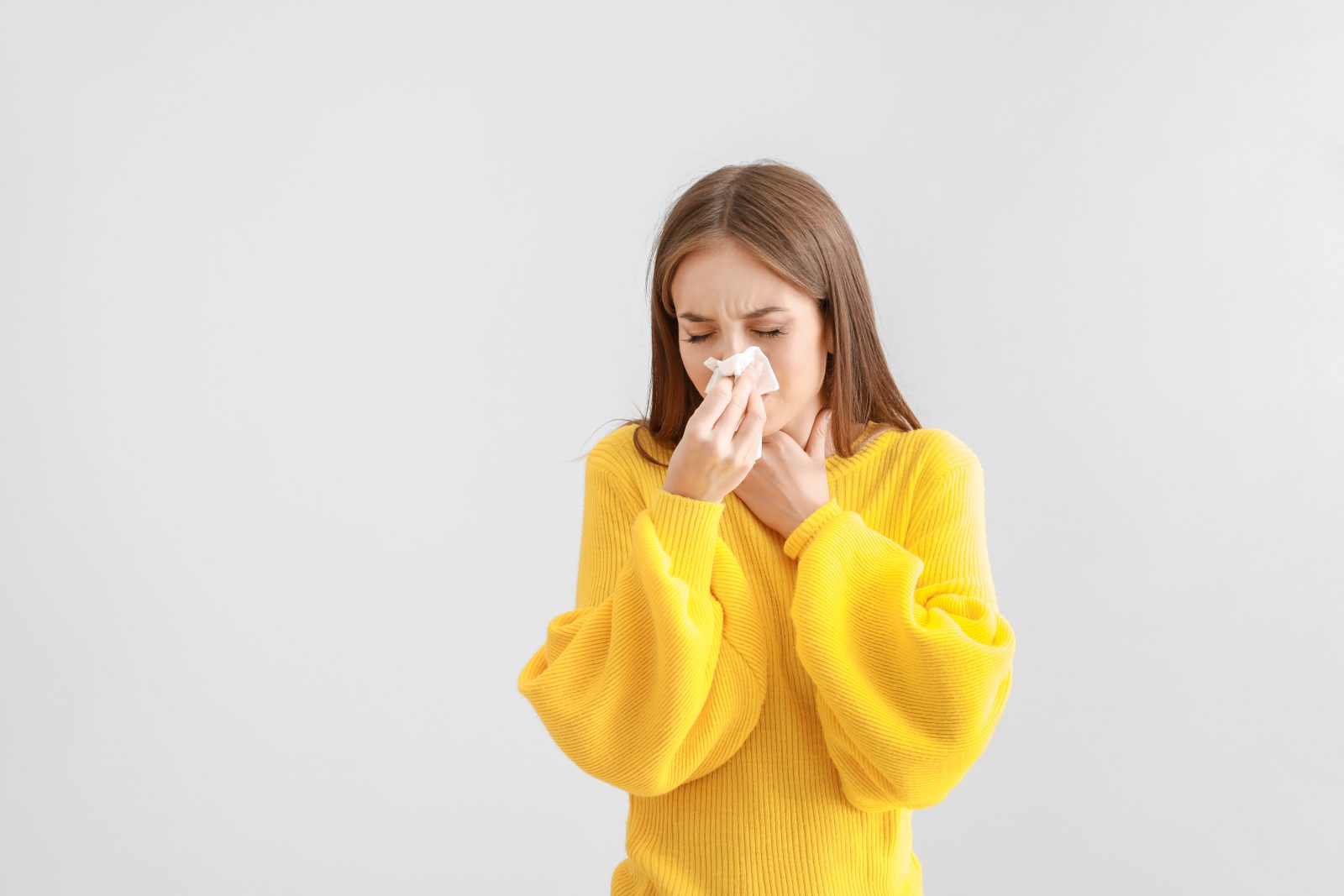Allergies reactions are an exaggerated response from your immune system to normally non-threatening chemicals. When these compounds, which are known as allergens, come into contact with your body, they have the potential to bring on a wide variety of symptoms.
The most frequent allergens
Pollen, pet dander, dust mites, mold spores, and specific foods like almonds, dairy, and shellfish are examples of common allergens that can cause allergic reactions. Allergens are present in virtually every environment.
Varieties of hypersensitivity reactions
There is a spectrum of severity when it comes to allergic responses. Some people may suffer symptoms such as sneezing and watery eyes, while others may develop symptoms such as anaphylaxis, which can be fatal.
Signs and symptoms of hypersensitivity
Allergic reactions can express themselves in a variety of different ways, such as sneezing, a runny nose, itchy eyes, skin rashes, hives, or digestive disorders including nausea and diarrhea. Other symptoms include hives and skin rashes.
Identifying the cause of allergies
It is essential to seek a professional diagnosis if you have any reason to suspect that you may suffer from allergies. In order to identify specific allergens, allergists look at a patient’s medical history, conduct physical exams, and run tests.
Methods for the testing of allergies
Patch testing, skin prick tests, and blood tests are the three main types of allergy tests. These tests can help detect triggers, which will allow you to take the necessary precautions to avoid them in the future.
Taking control of allergies
Avoiding allergens and making adjustments to one’s lifestyle are both necessary components of allergy management. It is possible to drastically cut down on the severity of allergic reactions by practicing good hygiene, keeping your living area clean, and using air purifiers.
Medications for allergies
There is a wide range of medications on the market, such as antihistamines, decongestants, nasal corticosteroids, and epinephrine injectors, for people who have severe reactions.
Allergies and how we live our lives
Having allergies might make your regular life and activities more difficult. If you are able to effectively control your allergies, you will be able to enjoy life without continuously thinking about the things that cause your symptoms.
Allergic reactions in young people
Allergies are something that can arise in children at any age. It is essential for parents to be informed of the potential allergies as well as the symptoms in order to protect the safety and comfort of their children.
Allergies related to the seasons
Seasonal allergies, which are frequently a result of pollen, can cause hay fever symptoms. If you know when these allergic reactions typically occur, you will be better able to prepare for them.
Sensitivities to food
Food allergies can range from relatively minor to life-threatening and can appear out of nowhere. It is critical to your well-being that you acquire the skills necessary to read food labels and explain your allergies to others.
Differences between allergies and intolerances
In contrast, intolerances do not engage the immune system in any way, but allergies do. In contrast to intolerances, allergic reactions are often more severe and can even be fatal, while stomach discomfort is the most common symptom of intolerance.
Methods for avoiding allergies
Adjusting one’s way of life and reducing one’s exposure to allergens are both necessary components of allergy prevention. The most important things are to keep your environment clean and to avoid any triggers.
Allergies are a common immune system response that occurs when the body is exposed to chemicals that are often harmless. You will be able to efficiently navigate life with allergies and prevent severe responses if you have a solid awareness of allergens, symptoms, testing procedures, and management techniques.















Find Us on Socials